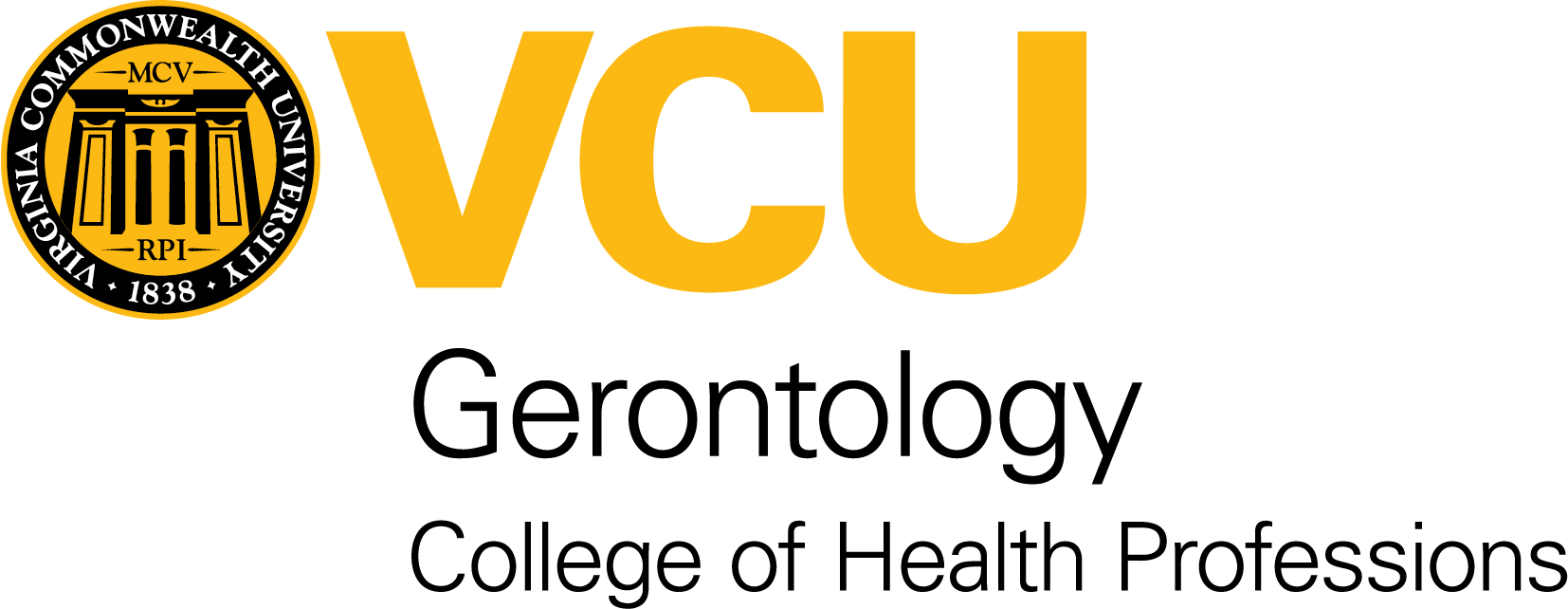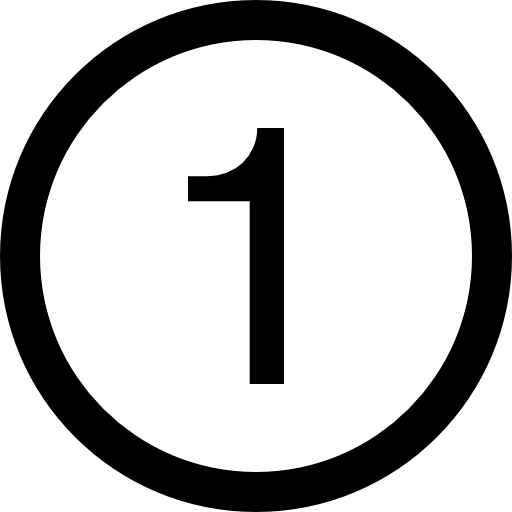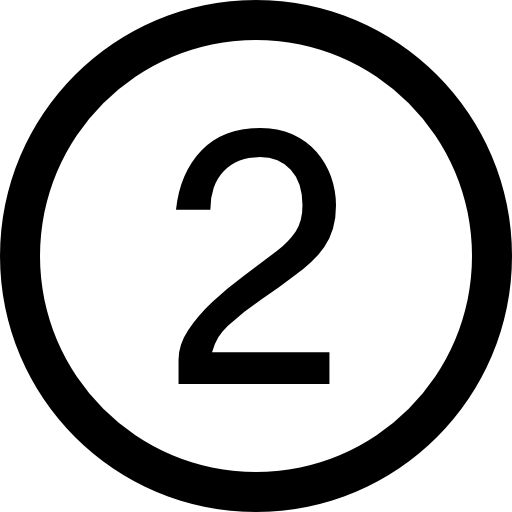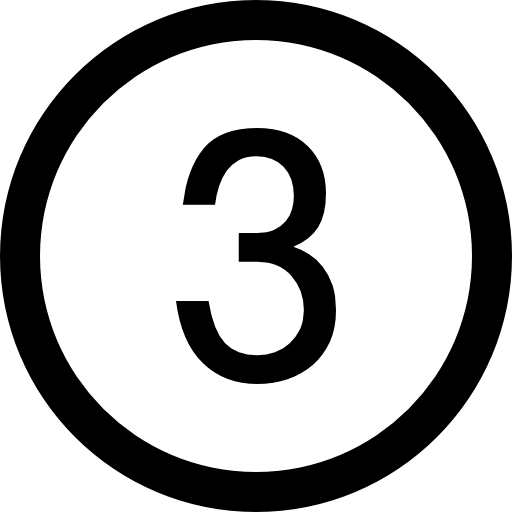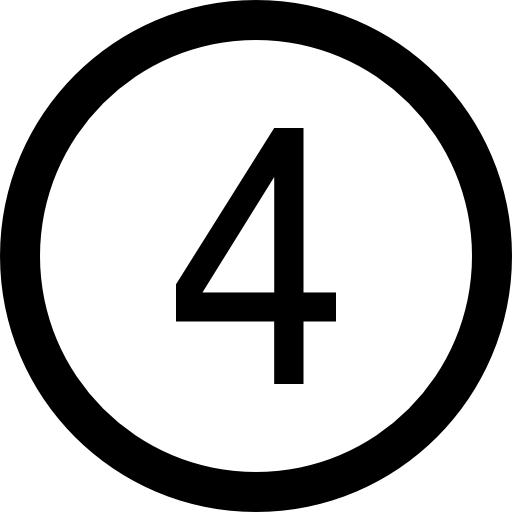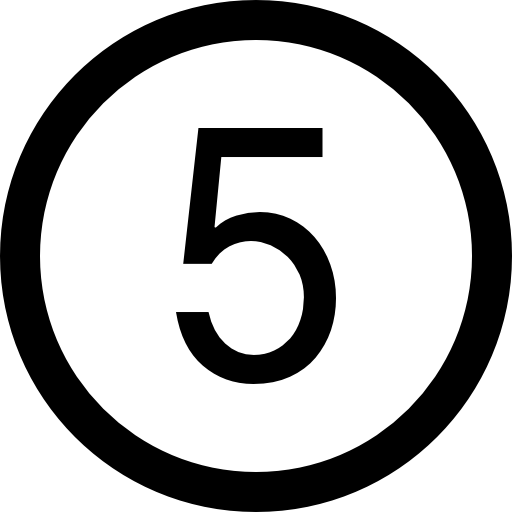DEATH AND DYING
A five-week series
developed by the Virginia Commonwealth University’s Department of Gerontology.
ANOTHER EXCITING SERIES!
Enid Butler, MSG, CT, Gerontologist and Thanatologist, will host VCU’s Department of Gerontology’s new series on Death & Dying, every Monday at 4pm Eastern from March 1 through March 29.
Engage throughout five interactive sessions and explore, connect, reflect and question important matters about end of life issues.
The series will be hosted online.
WEEK 1
Death and Dying – an Overview
March 1, 2021
4:00 – 5:30 PM Eastern Time
WEEK 2
Death and Dying in the COVID19 World
March 8, 2021
4:00 – 5:30 PM Eastern Time
WEEK 3
The Cultural, Spiritual and Psychosocial Aspects of EOL
March 15, 2021
4:00 – 5:30 PM Eastern Time
WEEK 4
Advance Care Planning and Difficult Conversations
March 22, 2021
4:00 – 5:30 PM Eastern Time
WEEK 5
Loss and Grief
March 29, 2021
4:00 – 5:30 PM Eastern Time
PRESENTER
Enid Walker Butler, MS (Gerontology), CT
Adjunct Instructor
Virginia Commonwealth University
HOST and MODERATOR
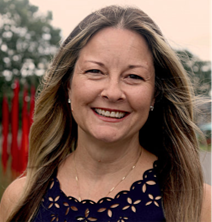
Ayn Welleford, MS (Gerontology), PhD, AGHEF
Associate Professor
Gerontologist for Community Voice
Co-Lead, Longevity Project for a Greater Richmond
Department of Gerontology, College of Health Professions
Virginia Commonwealth University
HOST and MODERATOR
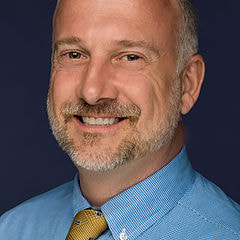
Jay White, EdD, MSG
Director of Education and Outreach
The Longevity Project for a Greater Richmond
VCU Department of Gerontology
Death and Dying – An Overview
Session begins at 00:05:42.
If Heaven exists, what would you like God to say when you arrive at the pearly gates?
Welcome
Nice job!
Well, done, good and faithful servant.
Hello.
Welcome and let me show you where your framily, friends, and pets are waiting to greet you.
I would love for God to say, “Welcome, my faithful servant!”
That my life was good enough to be sent back to be a spirit guide.
Relax, it’s all true and you’re in.
I’d like God to say “I’m glad you finally made it!”
Welcome home.
I’ve been waiting for you. You’re in the right place!
WELL DONE !
Come on in…join us
Welcome!
What are u doing here?
come on in. your father, mom, sister, brother, husband and granddaughter are waiting on you!
You have made a difference in people’s lives.
I’m so glad to see you!
Well done my child
I’ve been waiting for you
Well, done, my good and faithful servant. And welcome.
Well Done
You have lived hell in your country, come rest in peace now!
Welcome my good and faithful servant
You did it!
Where’s Paul? I have a few questions about women for him….
Welcome! We are glad you are here!
You made it! Glad you could join us. The baked good are in the back of the room near your family and pets.
Kick your shoes off and relax!
Thanks for all your service come on in.
Well I’m surprised to see you here
Relieved to see you!
Thank-you for loving all of us so much. I always knew you were with me.
Hello, how nice to see you again!
I’ve been waiting for you…Life well lived…
Welcome to paradise
Happy to see you ! Your souls will be tall here !
Your mother has been waiting for you.
My beloved daughter, whom I love, and in whom I’m well pleased…Well done, my good and faithful servant, well done.
Why are you here??
Welcome, come with me to those waiting at the rainbow bridge for you. ( I work in dog rescue too)
Skin of your teeth girlfriend!!
Never thought I’d see you…… 🙂
Perfect!
You have lived your life as I have wanted, please enter, your family and pets are waiting for you.
Job well done, my son. Welcome to celestial kingdom!
It was a grand life on Earth, now let me show you around here.
Lord there must have been some kind of mix up!!
I’ve been expecting you…
You are in the right place.
Good Job. (though I don’t believe in Heaven.)
Hey! Your brother’s waiting for you.
Welcome back!!
I have been waiting for you and then here is your life review of where we have been together and what you have learned and why you were created to be,
Welcome home and there are some people who have been waiting for you!
Well, I told it is the matter of time
I know you always did your best.
Welcome and come see all the people and pets you love
I don’t know what I would say, I would be thinking I can’t believe it’s actually real.
Welcome to my Kingdom dear.
Welcome, your work is done. It is well with my soul.
Welcome my Child
Death and Dying in the COVID19 World
Session begins at 00:04:40.
How are you making sense of Life and Death during the current pandemic?
Hard to make any sense of it.
We have had so much death that I think it makes me want to live a better life.
By accepting impermanence as part of the reality of life. The idea of mortality makes life and living that much more precious.
I am doing what I always wanted to do someday. I have a new set of priorities. As Morrie says, ‘Death brings life.’
Different every day depending it on who it is.
There is no sense to be made of it. Same as with the black plague.
I find it very difficult because there have been so many deaths of friends.
It has been difficult. I work in mental health. My aunt died two days before the state of Virginia experienced the lock down. Family was happy that she died prior to this, because otherwise things would have looked so differently.
I think about death and dying every day and it makes me more in tune with life. I also observe that many people are avoiding the topic with some strange results
I’m not making sense of it at this time.
CARPE DIEM!
Accepting the Circle of Life.
At work – one thing while at home watching the huge numbers other feelings – overwhelmed, anger, frustration.
You reevaluate your life and help others to find the beauty in living.
Life is more precious it seems.
Acceptance of what funerals have become with the new guidelines
I am slowing down, taking one day at a time, reflecting on my own mortality, and praying for those we have lost.
I have feared dying alone from COVID and I appreciate life more now with a better understanding of how fragile and unpredictable it is.
I am having trouble making sense of anything during this pandemic other than my day-to-day activities. It is too hard to think about and too overwhelming in scope that I think I’m pretending it’s not happening.
Recognizing that as my father used to say, “we didn’t come here to stay.”
You can’t make sense of it! It’s the randomness is the big challenge to me
Learning what I can control, and what I cannot.
It’s difficult. Requires us to re-think many beliefs that we hold. I believe we cannot understand it because God’s plan is too complex for us to know at this point in time. I trust Him implicitly to have a plan we cannot understand.
One day at a time.
I am keeping in mind that as we see the number of deaths in the U.S. increase, these are more than numbers. These are parents, siblings, children, friends who have left a void in the lives of their families and communities
how am I dealing with death and living in a pandemic. honestly feeling like a stretch rubber band that has no more give. I am both completely detached and utterly overwhelmed
It’s a Crazy path
Are we going to get a recording of the first session?
It has been very difficult to make any sense of it, but I have been trying to appreciate life and those around me more. I knew how precious life was before but value it even more so now.
I have been thinking about how fragile life is and how precious time is because tomorrow is not promised.
Depends on the circumstances and if their close to me or someone in the news.
Celebrating each day to live …. overwhelmed by the death.
Difficult to deal with the death that COVID has brought to long term care facilities. Also the risk of bringing the virus home with me. Also the wearing of PPE And how it sucks the life out of you.
It has been challenging to accept the mismanagement of the pandemic from the federal level last year. People lost lives who may not have. I am feeling better this year, thankfully.
having a hard time processing the losses and so much pain
Taking each day and event one at a time. Basing decisions regarding Covid-19 on CDC and WHO guidelines and reports. Death is as unknown as ever.
I try to remember my theology, “In life and in death we belong to God,” acknowledging a broad, inclusive, definition of God
I am finding it difficult, as I am processing my own mortality more.
taking control of what i can
Greater appreciation for each and every day.
Certainly some desensitisation that has occured as a result. But also grateful that much more for the life my loved ones and I do have and appreciative of ‘the little things’ that make life the precious thing it is.
Having worked in the field of gerontology and geriatrics for some 4 decades now, I have had many opportunities to think about death in whatever form and conditions it arrives in. Of course the fact that I willl turn 70 in 2 weeks adds some impact.
It is difficult dealing with this pandemic and the deaths of loved ones and others. life is a gem and we stillmust treat as such…
I’m not sure that I have been able to do that while just trying to get through it…
Death is never easy, even though sometimes it is a blessing. Harder without closure for family due to epidemic and harder for those dying alone.
It’s been hard to make sense of it all. What struck me the most from a visual perspective were the refrigerated trucks and how fast death was happening in so many areas. Very sad!
IT HAS BEEN DIFFICULT. I HAVE LOST FAMILY MEMEBR AND CHURCH MEMEBR TO COVID!
I am pretty secure in my spirituality. Death and dying is inevitable. But for my own sense of well being, physically and mentally, and giving myself permission to take more time for myself in order to put the feeling and emotions in their correct place… and having a good boss who also recognized what staff needs for their own mental health in order for us all to be able to take care of other… We must come first.
So little is in our control. Instead of trying to “fix” and “control” life, appreciate life on its own terms.
It has been a raw experience and so difficult.
That is a good question. On the COVID Dialysis Unit that I work, I see a lot of death these days. I have had a lot of individuals dealing with mental health issues that they did not have a year prior as well. I think the best way is to take life one day at a time, try to enjoy the little things, try to stay present to the moment and for my I practice Existential. But yes, I believe that I am feeling the burn out.
Death is an inevitable part of life which most of us are uncomfortable discussing and accepting. The Pandemic has made death harder to deny as a fact as we are hearing about/facing it all around us for the last year.
Life and death have been a way of “life”.
I just lost my mom a few weeks ago while working with my nursing home residents –trying to be strong
The serenity prayers help.
It leaves traumas.
I used to work in skilled nursing, so one gets used to death. However, this is different. At first the amount of death around was overwhelming. Now, I do what I can and honor the dead.
Sat down with my young adult children (both single) and we completed, shared and discussed our Advance Medical Directives.
Life and death during the pandemic is the same as life and death at any other time. It is just much more escalated.
Value People in my life a lot more.
Constantly looking for the good and grace to lift above and sharing life and love with family and friends.
One day at a time.
Mourning those I’ve lost and celebrating the progress made.
Life is a cycle, therefore it has a beginning and an end. I can’t take like for granted. I enjoy every day as the last one.
Life has slowed down and I’m learning to appreciate things without being at a super busy pace.
Not easy; so hard.
Trying to not be overwhelmed by the effects of the pandemic (in Nov and Dec ) in which we lost a lot of folks especially collatoral damage from the virus, I have tried to develop alternative support services for those in grief and community building exercises of grief
I agree we are not in control and we can only focus on what we are able to do.
Just taking one day at a time.
Stress reduction has been very important; trying pastoral care techniques to help call attention to the presence of God and to give others hope and gratitude. Gratitude in the small things are so important
52 deaths of my patients
Without the ability to gather for funerals, communal and family support post death, with the numbers of deaths in LTC it has been very difficult. Residents of my community sometimes say they hope they die soon so they do not have to deal with Covid.
I am a chaplain at Maryview Nursing Care Center. We have lost 15 residents to COVID. What I have experienced is working with the living residents who are dealing with losing their roommates or friends and walking with them through their grief.
What strikes me is the location of the deaths at 95% in Covid deaths are in the hospital or other medical facilities.
For communities of color, the numbers are higher.
Alone with the aloneness of the passing… I think this is what has been so hard on our resident families.
Covid has robbed many families of completion or closure because they have had to postponed much of the communal celebration of their beloved life until later, or only been able to gather in household groups.
Unresolved feelings, beliefs, relationships are a collateral piece of this which leads to longer and deeper grief trajectories and even stuck or complicated grief.
I thought the question was if I have lost a loved one in general not during Covid.
I think of COVID grief is like walking around in a heavy, wet wool coat and not even realizing that I have it on.
The Cultural, Spiritual and Psychosocial Aspects of EOL
"Tell me, what do you plan to do with your one wild and precious life?" --Mary Oliver
Live my life in a way that is congruent with my values.
I’ve always loved this quote. To live fully and well, to love deeply. As my mother would say, to make a difference.
Live free and die old.
Enjoy is as much as I can…while I am able.
After sixty years of ministry I am looking forward to retiring by spring of 2022 and moving to Maryland where I have two children, 15 grandchildren and six great grands!
Enjoy my life and live to the fullest.
Embrace each day by finding the joys in the moments.
I plan to spend it with my husband and children. Making memories and traveling.
I hope to be authentic always and to help others as much as possible.
Help others as best as possible.
Live it to the fullest.
Work like I don’t need the money…Continue to love all…Dance like none is watching….and sing karaoke!
To do what makes my soul happy as long as it is legal! To contribute to the greater community in a positive way.
Betty Newell – I want to make sure that I leave the world at least a little better than it was before I existed.
To be remembered for my character, my loving nature, and to please God in all my actions. To have loved well and been loved well.
To enjoy each day as if it were my last.
To make a positive difference where and when I can. To help raise my grandchildren with much love.
Live with no regrets.
be gratefeful for everyday and be generous in all I do.
I hope to enjoy every day to the fullest and spread kindness!
Raise my children to the best of my ability and continue to work to be better. Once they are grown I hope to help my community and give back as much as possible.
Enjoy life, enjoy family and travel as long as I can.
Make the most of it!!
Travel, eat new foods, meet new people while experiencing new cultures.
To live whatever time I have left to the fullest- laugh more, travel more, be more involved with the organizations I respect/support, to reach out to friends, to spend more time learning meaningful things and using and sharing that knowledge.
Love more, worry less, provide more joy to myself and others.
Live to the fullest, laugh a lot, make memories, and leave a legacy for my children, grandchildren and those who I may cross my path-to fulfill my purpose.
I would like to remain in good health and be able to be an active participate in my family and community life as long as possible.
In my country Lebanon we are living hell on earth due to the crazy economical situation:( I would like to take it one day at a time.
Finish my masters & pharmD. Eat great food. Buy my parents all the things they couldn’t afford when they were younger. Maintain friendships and relationships
I work 2 jobs so my pets and kids can have a better life LOL, keeps the mind active-but when I retire I want to move to the mountains-West VA.
To Love and be loved.
To share it with those I love
“Be and leave happy, Linda Baker!”
To make the world a better place-a place where value is placed on the older generation-on their experience and knowledge. Instead of throwing the elderly away. I would love to make a difference.
Help my fellow man to the extent possible and make friends laugh with me as often as possible!
Live, love, learn, laugh, and linger over all the good stuff!
Live life on my own terms, and make a difference in the world.
Love my grandkids.
I want to live my life without regrets…to be a loving person, and contributing to my world. Be a good daughter, a good mom, and a great NANA!
Learn more, share that learning and spend more time with family and friends.
To enjoy it. Make a difference in others lives. To love and be loved.
Live it to the fullest & have a positive effect on those around me.
Advance Care Planning and Difficult Conversations
Panelists:
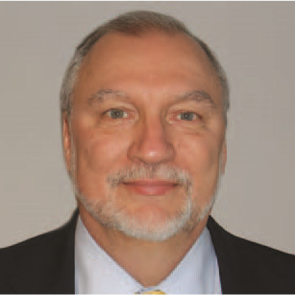
Ken Faulkner, MDiv, MS
He is currently an instructor in Health Care Ethics for the VCU College of Health Professions and serves as an adjunct faculty member for the Department of Patient Counseling and the Virginia Geriatric Education Center. He also serves on the VCU Health System Ethics Committee.
Ken is a Respecting Choices Organizational Faculty member and serves on the board of Honoring Choices Virginia which promotes quality advance care planning across the Commonwealth.
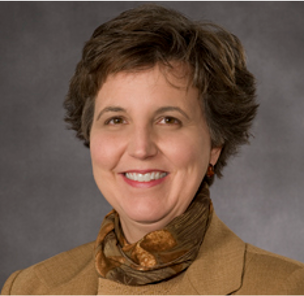
Angela Flack, MDiv
Angela Flack, Association of Clinical Pastoral Education (ACPE) Certified Educator, serves as the Director of Education and assistant professor in the Department of Patient Counseling. She received a Bachelor of Science in Geography from Appalachian State University and a Master of Divinity from Southern Baptist Theological Seminary. She completed a two-year pastoral counseling residency at the University of Louisville, Department of Ethics and Pastoral Counseling, Outpatient Psychiatry. She was invited into the ACPE supervisory education program at the University of Virginia Health System after completing a residency in 2003. She is an ordained minister and endorsed by the Alliance of Baptists.
Reverend Flack serves as the Co-Chair of the ACPE Mid-Atlantic Accreditation Region (2012 – 2019) along with serving as a convener and committee member for ACPE theory paper reviews. She serves on several university committees including the University Graduate Council and the College of Health Professions, Academic Standards Committee. Annually she participates in Division of Health Science pipeline programs.
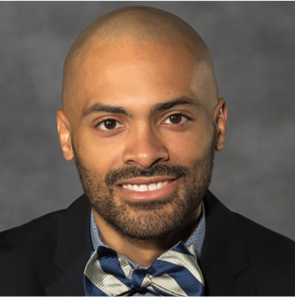
Jason Callahan, MDiv, MS, BCC
Jason S. Callahan serves as an instructor in the Department of Patient Counseling, College of Health Professions, and as a chaplain for the Thomas Palliative Care Unit in VCU Massey Cancer Center. There, he provides pastoral care to patients, families and staff.
He holds an M.S. in Patient Counseling from Virginia Commonwealth University. He is a Board Certified Chaplain with the Association of Professional Chaplains and is endorsed by The Humanist Society. Prior to VCU, Jason worked as an advertising executive and as a counselor for individuals and families in crisis. Recently Jason was featured on Interfaith Voices, the nation’s leading religion news magazine on public radio in a segment called “Humanizing Pastoral Care,” which was a part of an hour-long broadcast: “Chaplains Part IV: Humanism at Harvard.”
What fears or concerns do you have about Advance Care Planning?
None – I was a paralegal with estate planning.
My fear is that I might change my mind about my plan when ill but won’t be able to communicate that.
Stress that can’t afford to pay for old age and illness (LOL).
Not knowing where to tell clients to go (resources that are low income).
I think Advance Care Planning is an excellent opportunity to be autonomous about cares and desires at the end of life. But, will it be followed? That is the biggest fear.
Someone who is an available proxy whom I trust.
Avoiding it.
That the health of the person will change and then the advance directives are not updated.
I don’t think a lot about it.
Changing my mind once I am in a tough spot!
I fully expect to outlive my loved ones so it frightens me to think about dealing with my death alone.
Ability to make changes and adjust preferences as conditions change.
The assurance that my wishes will be carried out…legally.
I don’t want my son to be burdened with all the details.
It changes as I continue to age – and keeping it updated is concerning.
What if I decide differently after I get sick?
That medical providers initiate discussions with their patients and re-visit the discussion as patient’s condition changes.
Realizing you may not have any support!
Finding affordable legal resources for low income clients.
I just did one. I don’t have fear now but before I did it I didn’t want to discuss it.
I don’t know much about it other than a plan in place.
No real fears. Just concerned about plans might not cover the necessary contingencies….medical procedure for the condition.
My mother wants me to make the decision. This is a little overwhelming.
I work with Advance Care Planning regularly in my professional life, but personally, creating my own DPOA and Advance Directives reminds me that I am mortal and that’s frightening….
Fighting with family
My fear is that my plan may not be carried out by my children
No current fears as I feel my spouse would do what I have asked.
What if I change my mind depending on my medical circumstances? I might want to amend it at the last minute.
No worries, my sister has been a huge help.
My fears and concerns are resolved after seeing a few friends die without any advance care plans.
I don’t know what I want, haha! I defer that end of life decision to someone else.
If he has preceded me in death, I feel my daughter would honor my wishes.
My closest friends and family are also older – don’t have a younger relative as potential power of attorney.
I am an ACP advocate working in a geriatric clinic. I have an advanced directive. It can be difficult to encourage an individual to see the value.
Also, appointing someone to make decisions about my life should I become incapacitated has to truly be trusted that they are acting upon my wishes and not upon their interests.
A concern that designated surrogate may really wish to follow through with my plan, but when faced with the situation, they may be afraid to “pull the plug” (excuse the euphemism)!
Client’s not wanting to do ACP despite them being so helpful for families.
Nothing scares me, I am more in control by having good documents.
I do Estate Planning for those on a budget…
My family won’t complete these types of paperwork.
As we age, things can change rapidly and it may be challenging to stay current. Other people’s lives change too, so it’s a real balancing act. Since we have lost both our sons, we are depending a niece and she has lots of other responsibilities.
I have had to update my advance medical directive multiple times as situation changes.
I am thankful that my mother has one, so I don’t have to be the one to make those decisions selfishly.
I was the decision maker for my mother. She had a stroke and her blood was too thin and it bled out all over her brain. The horror of doing that for my mother who wanted not to have interventions and knowing that I had to follow her direction. I am afraid my decision maker will not do what I did.
Definitely do not want my children to have to make these decisions.
Done all my advanced care planning including my funeral plans.
I did a very informal will and advanced directives, then emailed it to those named, so that at least I have something out there.
Since my divorce and my adult son came to live with me, my rule has been, no dying allowed!
My husband and I need to update ours. My 93 year-old mother has had clear directives and that has been a gift to my sister and me.
I have no fears, I have all of it completed. I have been teaching this subject matter for years. Focus is always on LGBTQ persons.
I have a daughter with disabilities that I’ve struggled to make sure her needs are met along with my care needs with no other family locally.
I worked with Hospice for 9 years. I have a lot of knowledge about death, but that was from over 20 years ago.
I evaluate my ACP yearly, it helps with my peace of mind.
will relatives jump the gun and make decisions while I’m still able?
I am not sure if I should sign up for Advance care so this is very important for me. Looking forward to learning today.
Concerns about making the wrong decisions and will forget update/change later.
Within the same week, my mother had to have emergency surgery. She could of have died if her condition was not diagnosed. My brother was diagnosed with Colon Cancer the week before and had surgery the same week that Mom had surgery. Brother then had complications and had to have a second emergency surgery.
I have an Advanced Directive and my funeral plan has been paid for after a near death experience with a deer 10 years ago. I just turned 60!
As an attorney…I’m just another cobbler. Meeting next week to develop my plan with a social worker from my hospital.
I had advanced care plan when I was married. However, I have no idea what happened to those legal documents. So I don’t have a current plan.
Loss and Grief
You have a serious accident or sudden illness that leaves you unable to communicate. You are receiving all the medical care required to keep you alive, but the doctors believe there is little chance (less than 5%) you will ever recover the ability to know who you are or those around you. Which would you choose?
- I would want life sustaining treatments to continue 4.5%
- I would prefer care focused on keeping me comfortable without using medical interventions to keep me alive 95.5%
In your own words, what does this situation mean to you?
| Quality of life is no longer a viable option. I am unable to enjoy my family, friends, and activities that are important to me. |
| I would like sustaining treatment and not to be intubated. |
| Keep me alive long enough for them to get the organs to donate to someone else. |
| It is up to God what my future holds and I believe technology has advanced a bit too far in some respects. As a Christian, I believe that the journey does not end at physical death and He chooses when the time is right. I can see how one would want to cling to this life without a Christian faith so to delay their hereafter. |
| My grandfather and step-father were DNR. I don’t want to suffer and I want to be comfortable. My grandfather passed quickly and peacefully. My step-father lingered but in the end drifted off. The examples in the end showed that family could say good-bye and we all had our peace which is what the person wanted and what I want. |
| I am very serious about not prolonging life when quality of life is impeded |
| This is not quality of life and I would not want to put my loved ones through continued intervention when there is no hope for recovery. |
| This situation means my family and loved ones will be responsible for making an incredibly hard decision on my behalf. It’s frightening to think that I could be kept alive without in an unconscious state. To me, there are many things worse than death. And being kept alive artificially with my friends and family anticipating, grieving, suffering…that’s one of those things. |
| The overall situation means to me is my life is at its end. I would not wish to prolong my life in such a state. If I continue to life with no life support, then my role becomes a teacher to others. To me this means,, those in my life are to learn a lesson or lessons by this situation. When my purpose is complete, the my soul will transition to another plane. |
| The risk of losing the ability to know who I am or who those around me are seem to significantly outweigh the potential benefits to be derived by trying to eke out a few more weeks or months of life, the quality of which would also appear to be in serious doubt. Quality of life means more to me than quantity. |
| This situation means to me that my quality of life would be impacted to the degree that keeping me comfortable without life sustaining measures is preferable. I understand this would present a difficult situation for my family if my wishes were not previously known. The point of this exercise is likely to see how important it is to communicate my wishes with my family so they do not feel the weight and responsibility of a decision of that magnitude. I would rather make my own decisions and pass away under the circumstances provided rather than lay that burden at the feet of my family. |
| I feel that my quality of life would be low if I didn’t have the ability to communicate or know who I was or the people around me, therefore I would not want extraordinary measures taken to keep me alive. |
| I believe in quality of life. I believe in a “heaven” of sorts and the knowledge that I will be with my loves ones again after death. I would not want my body kept running (not “alive”), with no part of who I am, i.e., my love, my passion, my intelligence, etc. |
| This means comfort measures such as pain relief, anti- anxiety medications and supplemental oxygen. I would not want a vent, HD, IVF or a PEG. Perhaps things like aromatherapy, my favorite music, a soft blanket, my dogs and my family would top off my list of perfect comfort measures. |
| This is a difficult question because of the different types of life sustaining measures–ventilator, feeding tubes, hydration that might be required. Also, I would want my health representative to withhold life-sustaining measures only after all hope is exhausted, I think. 5% chance of recovery would still represent a possibility of recovery to my thinking. I am conflicted about my answer above because of this. I don’t think it is a black and white issue. |
| This situation would mean that it’s probably my time to go. |
| To me, this would be just prolonging the death without any benefit to me or my family. If there is very little chance of recovering the ability to recognize and know those around me, what would be the point? It would only create agony for family and friends. |
| Loss of control is very hard for me, but I work with many clients who are fully disabled. Their loved ones struggle so much to care for them. I would not want to be a burden on my family. If I would most likely need a great deal of care I would want to be able pass away from an illness that cannot be treated. |
| self determination |
| What quality of life would I have if I am unable to think, recognize, reason or communicate? It’s as if the mind and spirit have left the physical body and all that remains is an empty shell. Having an Advance Care Planning directive in place is an important step in making sure my wishes are known and honored. It’s stressful enough when faced with a situation such as as this and I would not want to place my loved ones in a position where they have to make that difficult decision for me. |
| It means my time to move on – I would want Last Rites prior to the machines cutting off. If I’m not alert/oriented, I would want plenty of pain medication as needed. I would hope my family could visit for their closure, but would not want them taking care of me at that point. |
| For me, it’s a quality of life issue. I believe that most individuals don’t consider quality of life when for they consider situations like this. I came across this scripture, which helped me. Death should be celebrated!!!! “7 A good name is better than fine perfume, and the day of death better than the day of birth.” Ecclesiastes 7:1-14 New International Version |
